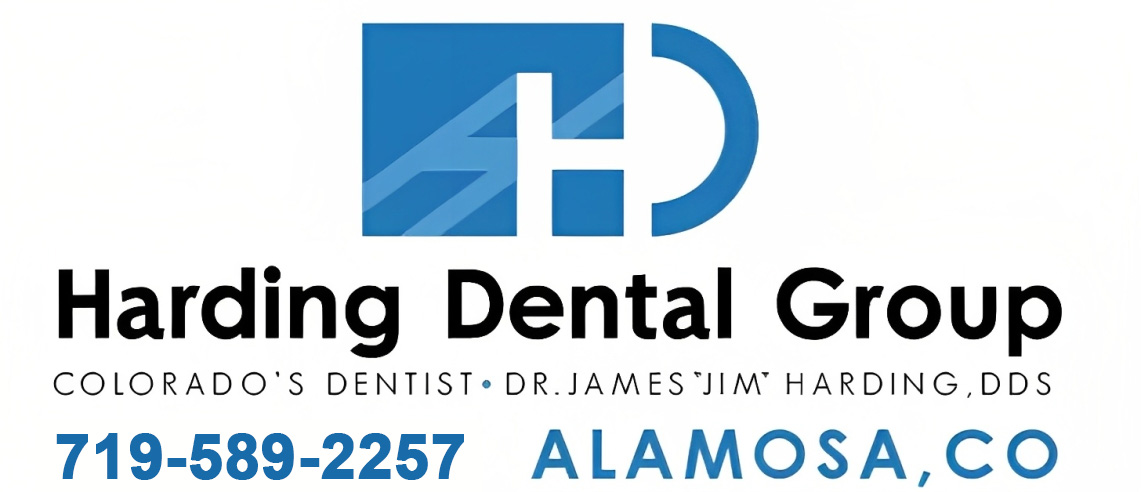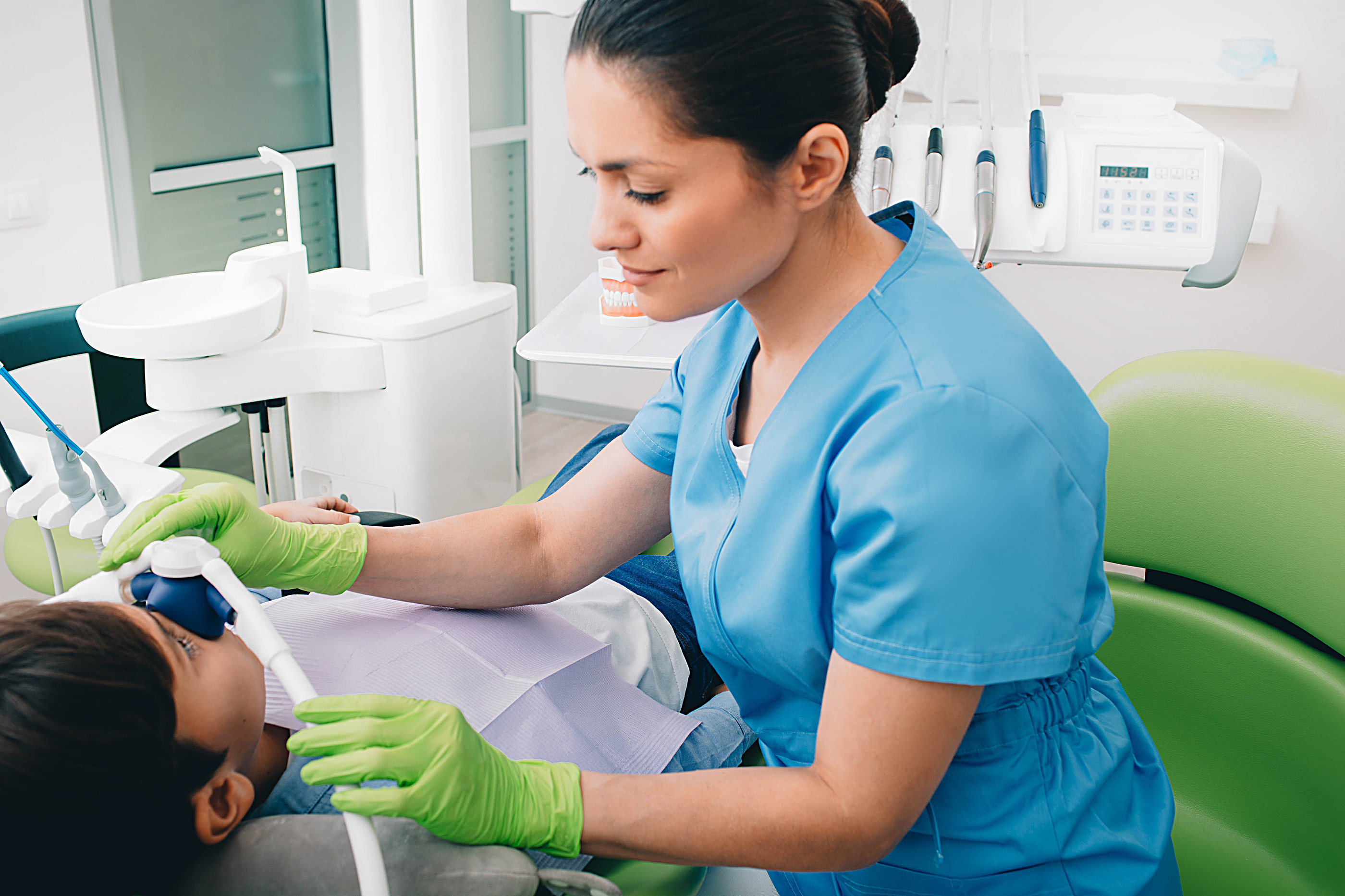
What To Expect at Your Next Dental Exam
Welcome to our blog! We're here to guide you through what you can expect at your next dental exam. Regular dental check-ups are crucial for maintaining good oral health and preventing potential problems down the line. Whether it's been six months or a year since your last visit, we'll walk you through the common procedures during a dental exam and share some tips on how to keep your smile in top shape between appointments. So sit back, relax, and get ready for a journey into the world of dentistry!
Importance of Regular Dental Exams
Regular dental exams are more than just a routine appointment - they are essential for maintaining optimal oral health. These exams allow your dentist to detect and address any potential issues before they become major problems. By visiting your dentist regularly, you can prevent dental diseases such as cavities, gum disease, and even oral cancer.
During a dental exam, your dentist will thoroughly examine your teeth, gums, and mouth to check for any signs of decay or abnormalities. They may also take X-rays to get a complete picture of what's happening beneath the surface. This comprehensive evaluation allows them to identify early warning signs and provide appropriate treatment if needed.
In addition to detecting potential problems, regular dental exams also play a crucial role in preventing future issues. Your dentist will professionally clean your teeth by removing plaque and tartar buildup that couldn't be removed through brushing alone. This helps prevent tooth decay and gum disease while ensuring that your smile stays bright and healthy.
Furthermore, these appointments give you an opportunity to discuss any concerns or questions you may have about your oral health with the experts themselves – dentists! They can provide personalized advice on proper brushing techniques, flossing methods, and diet choices that promote good oral health, as well as recommend any necessary treatments specific to your needs.
By making regular dental exams part of your healthcare routine (ideally every six months), you're taking proactive steps towards maintaining excellent oral health. So don't put off those appointments - schedule yours today and invest in the longevity of your smile!
Common Procedures during a Dental Exam
During a dental exam, your dentist will perform various procedures to assess the health of your teeth and gums. These common procedures help identify any potential issues early on, allowing for prompt treatment and prevention of further damage.
Your dentist will conduct a visual examination of your mouth, checking for any visible signs of decay or abnormalities. They may also use an intraoral camera to get a closer look at specific areas.
Next, they will evaluate the condition of your gums by measuring their depth using a periodontal probe. This helps them determine if you have gum disease or if there are any pockets forming around the teeth.
X-rays play an essential role in detecting problems that aren't visible to the naked eye. Your dentist may take bitewing or panoramic X-rays to examine the tooth roots, jawbone, and surrounding structures for signs of infection, cavities, or bone loss.
To thoroughly clean your teeth and remove plaque and tartar buildup, your dentist will perform scaling and polishing. This process involves using specialized tools to scrape away accumulated debris from both above and below the gum line.
In some cases, additional procedures such as fluoride treatments or dental sealants might be recommended based on individual needs. These preventive measures can strengthen enamel and protect against tooth decay.
Remember that these are just some common procedures during a dental exam; each appointment is tailored to meet individual requirements. Regular dental exams not only ensure good oral health but also contribute to overall well-being by catching potential issues before they become major concerns
Tips for Maintaining Good Oral Health in Between Exams
Taking care of your oral health doesn't just happen during dental exams. It's important to maintain good oral hygiene habits at home as well. Here are some tips to help you keep your teeth and gums healthy in between visits to the dentist.
- First and foremost, be sure to brush your teeth at least twice a day with fluoride toothpaste. Brushing helps remove plaque, which can lead to cavities and gum disease if not properly cleaned away. Remember to use gentle circular motions and brush all surfaces of your teeth, including the front, back, and chewing surfaces.
- In addition to brushing, don't forget to floss daily. Flossing is essential for removing food particles and plaque from between your teeth, which a toothbrush can't reach. Be sure to use proper flossing technique by gently sliding the floss up and down each side of every tooth.
- Another important step is maintaining a healthy diet. Limit sugary foods and drinks, as they can contribute to tooth decay. Instead, opt for nutritious foods that promote oral health, such as fruits, vegetables, dairy products, lean proteins, and whole grains.
- It's also crucial not to neglect your tongue when it comes to oral hygiene. Use a tongue scraper or simply brush your tongue gently with your toothbrush after brushing your teeth. This helps remove bacteria that can cause bad breath.
- Last but certainly not least important - don't skip regular check-ups with your dentist! Even if you're following all these tips diligently at home, professional cleanings and exams are still vital for maintaining optimal oral health.
By incorporating these simple habits into your daily routine along with regular dental visits will ensure that you have strong teeth and healthy gums year-round!
Conclusion
Regular dental exams are essential for maintaining good oral health. By attending these exams, you can catch any potential issues early on and prevent them from becoming more serious in the future. During your next dental exam, expect a thorough examination of your teeth and gums, as well as common procedures such as teeth cleaning and X-rays.
To maintain good oral health in between exams, it's important to practice proper oral hygiene at home. This includes brushing your teeth twice a day with fluoride toothpaste, flossing daily, eating a balanced diet, and avoiding tobacco products.
Remember that prevention is key when it comes to dental care. By taking proactive steps to keep your mouth healthy and scheduling regular dental exams, you can ensure that you have a bright smile for years to come.
So don't delay! Make an appointment for your next dental exam today and take control of your oral health. Your dentist serving patients in and around zip codes 81101, 81144, 81140, 81151, 81141, 81132, 81154, 81125, 81130, 81143, 81149, 81147, and 81201, will be there every step of the way to provide personalized care and guidance tailored specifically to you.</p>
Location
688 Del Sol Drive,
Alamosa, CO 81101
Office Hours
MON - WED9:00 am - 4:00 pm
THU8:00 am - 4:00 pm
FRI8:00 am - 12:00 pm
SAT - SUNClosed






comments